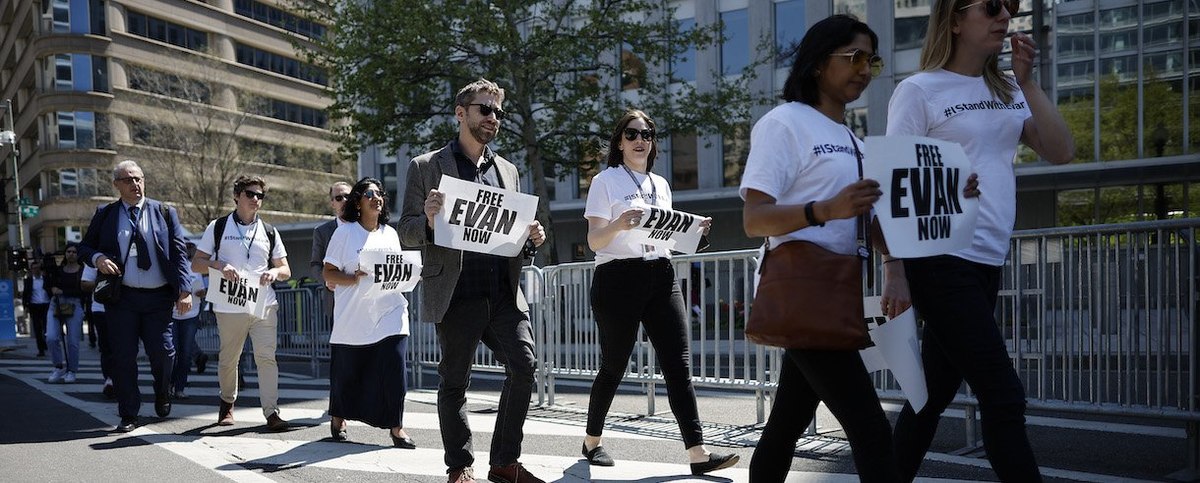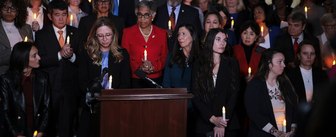Wall Street Journal reporter Evan Gershkovich was arrested two weeks ago by the Russian government and has been declared by the U.S. government to have been “wrongfully detained.” This situation has some parallels to last year’s detention in Russia of WNBA star Brittney Griner, who was arrested on charges of drug smuggling and eventually released in a prisoner swap.
New polling by the Economist and YouGov finds that more Americans today believe the U.S. government should do more (41%) to secure Gershkovich's release than said so about Griner (23%) in the weeks following her February 2022 arrest in Russia. More Americans also believe that Gershkovich is being treated unfairly by the Russian justice system (49%) than said so about Griner (31%) at the time.
Republicans (53%) are more likely than Democrats (37%) to want the U.S. to do more to get Gershkovich released.
The results on Gershkovich are similar to ones in a YouGov poll of U.S. adults that finished fielding a week before the latest Economist/YouGov poll.
Meanwhile, more Americans anticipate an eventual victory by Ukraine (30%) than by Russia (23%); 16% say each country is equally likely to win.
When asked about one consequence of the war — bans by certain professional sports organizations of Russian athletes — more Americans say would strongly or somewhat support bans (53%) than oppose them (28%). These findings aren't far off from a poll of U.S. adults conducted last April not long after the war began, which showed 56% supporting a ban on Russian athletes and 22% opposing it. The Wimbledon tennis tournament recently dropped such a ban on Russian and Belarussian players.
Majorities of both Democrats (61%) and Republicans (54%) strongly or somewhat support banning Russian athletes from competing in sporting events so long as Russia's invasion of Ukraine continues.
See the toplines and crosstabs from the Economist/YouGov poll conducted on April 8 - 11, 2023 among 1,500 U.S. adult citizens.
Methodology: Respondents were selected from YouGov’s opt-in panel using sample matching. A random sample (stratified by gender, age, race, education, geographic region, and voter registration) was selected from the 2019 American Community Survey. The sample was weighted according to gender, age, race, education, 2020 election turnout and presidential vote, baseline party identification, and current voter registration status. Demographic weighting targets come from the 2019 American Community Survey. Baseline party identification is the respondent’s most recent answer given prior to June 1, 2022, and is weighted to the estimated distribution at that time (34% Democratic, 31% Republican). The margin of error for the overall sample is approximately 3%.
Image: Getty (Chip Somodevilla)













